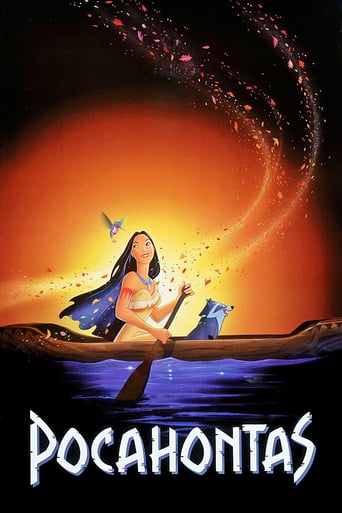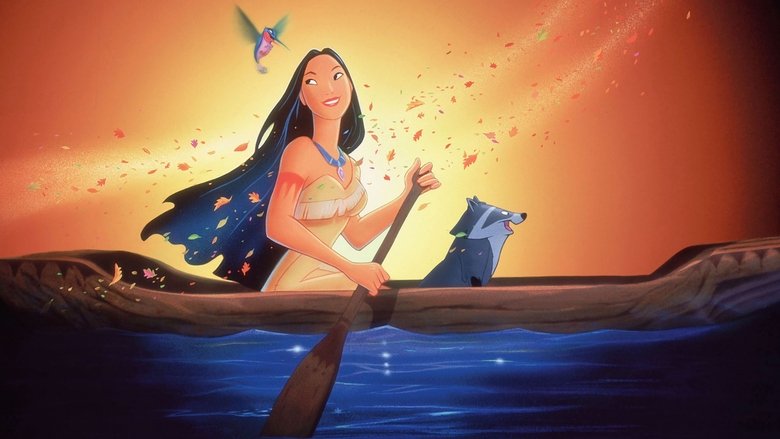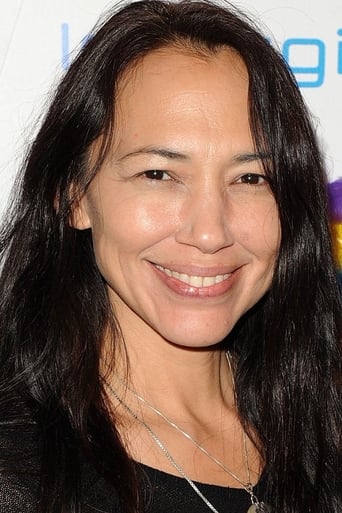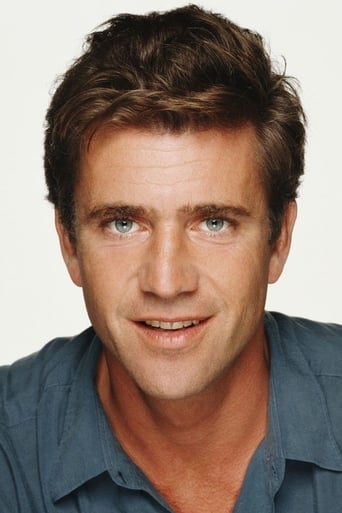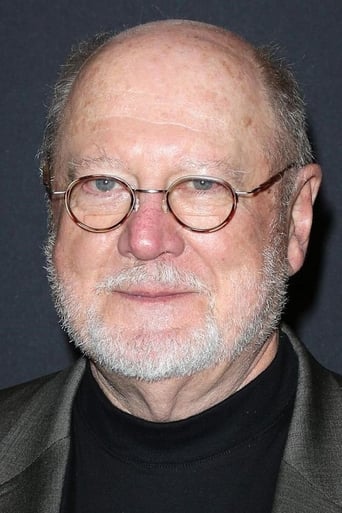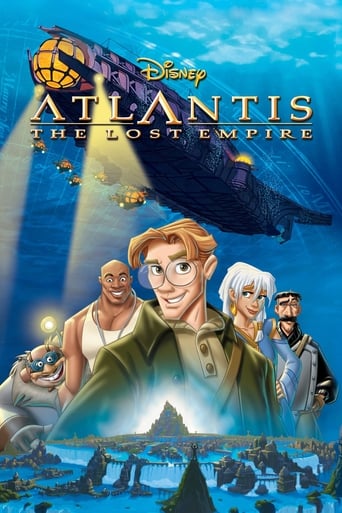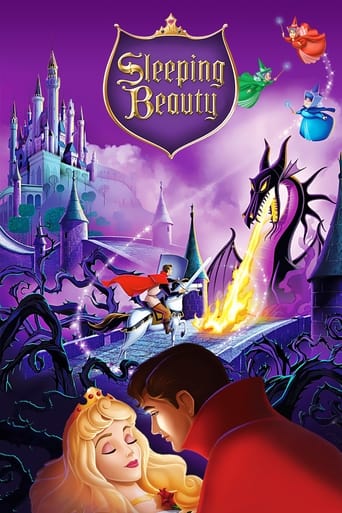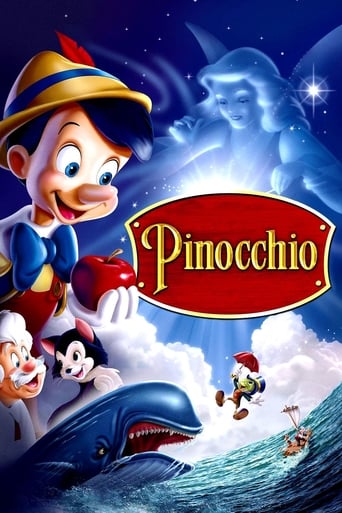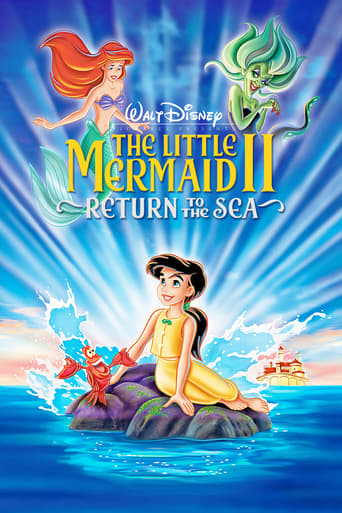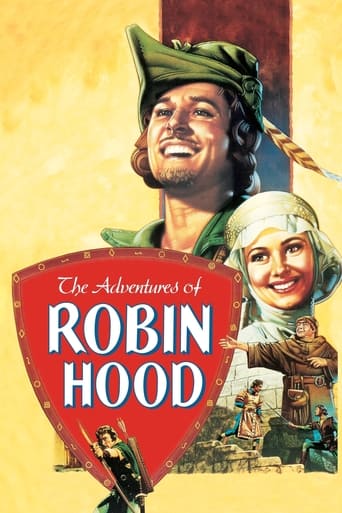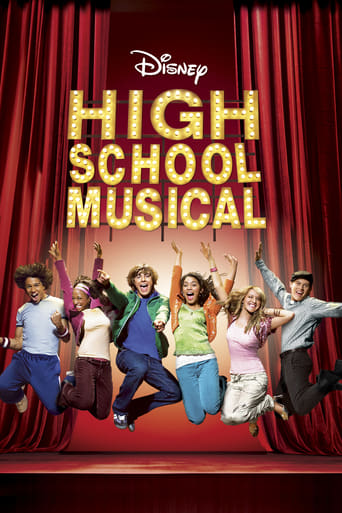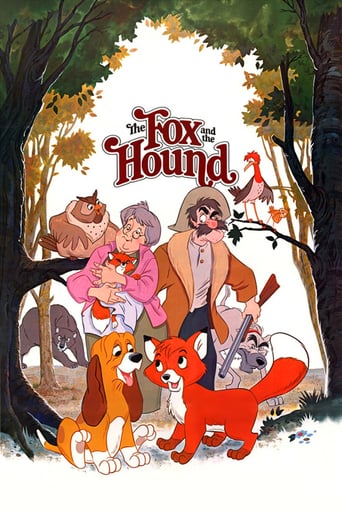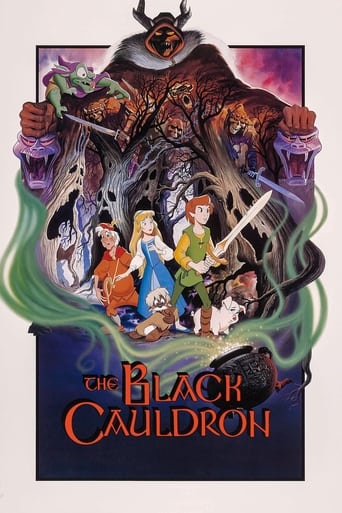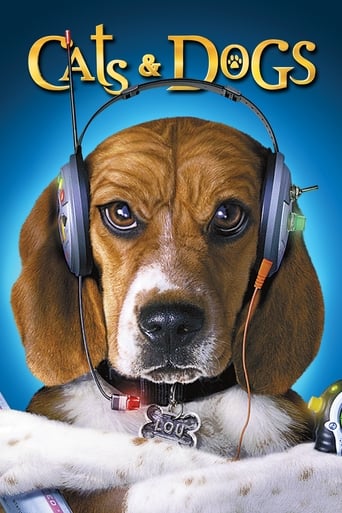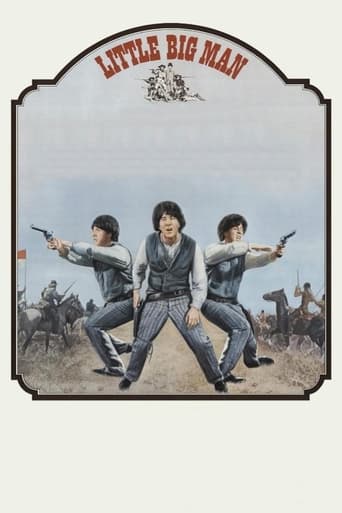Pocahontas (1995)
Pocahontas, daughter of a Native American tribe chief, falls in love with an English soldier as colonists invade 17th century Virginia.
Watch Trailer
Cast


Similar titles
Reviews
Pocahontas is the 33rd full-length animated feature released by Walt Disney Pictures in 1995. Billed by Disney with the tagline of "An American Legend Brought to Life", it is the story of the free-spirited Pocahontas who seeks to convince her father Chief Powhatan to make peace between her Native American tribe and the English settlers of the New World of Jamestown that arrive in search of gold and prosperity. During the production of this film, then Chairman of the Walt Disney Studios Jeffrey Katzenberg regarded Pocahontas as a home run film film for Disney in light of what he thought to be the more mature story in comparison to "The Lion King", which was released a year earlier. However, while it was the 4th highest grossing film world-wide in '95 and did pretty well on the home video market in '96, this film didn't quite live up to the standard set by its predecessors like The Little Mermaid, Beauty and the Beast, Aladdin, and The Lion King. However, while it's my least favorite film of the storied Disney Renaissance era, there were still some things that I actually liked about the film which I will highlight in this review.I'd say that like most of the Disney films that came out before (and especially during) the Renaissance period for Disney, Pocahontas is very strong in the music department! Before I ever saw this movie, I remember being in awe of the song "Colors of the Wind", which is the scene that appeared in the previews for the VHS of The Lion King. In spite of the shallow character development (which I will highlight in this review), Alan Menken and Stephen Schwartz did a fantastic job on the songs and the score in this movie. For me, the song "If I Never Knew You" takes the cake for best song in this movie and it's only sung in the credits for the theatrical version of the film. I liked how deep the lyrics are as they highlight the meaning behind John Smith's line "I'd rather die tomorrow than live 100 years without knowing you", which he quotes to Pocahontas right before he is to be executed the next dawn. I do wish that they left the song in the final cut of the film, but it is on the special edition DVD/Blu-Ray version. I also enjoyed the song "Savages" mainly because it highlights the animosity that the settlers have towards the Native Americans for capturing John Smith as well as the animosity that the Native Americans have towards the settlers and John Smith for the death of one of their own (even though it wasn't him that pulled the trigger). The song serves as a reminder to us that we should never justify killing/wanting to kill someone out of hatred just because they might be different than us. Now for the weaknesses of the film. Oh boy, where to start! While the movie is based off of the Native American legend and the Disney animators did the right thing by going to Jamestown to get the inspiration for their animation, they definitely missed the ball in a few areas. Let's touch on some of the historical inaccuracies for a bit. In 1607 (the year that the settlers arrived to Jamestown and which the movie is set), Pocahontas (who was born in 1596) was around 10-11 years old when she met John Smith, who was 26-27 years old at the time. Did that matter to Disney though? No, because they just had to make this a love story in the vein of Beauty and the Beast and Little Mermaid. However, unlike Pocahontas, those stories are fairy tales. This is key part of American history and now that I'm older I definitely think that Disney did a great disservice to children by taking what could've been an educational introduction to the Native American legend by giving them a love story that didn't happen in real life. Anyways, as far as character development is concerned, while not nearly as dull, wooden, bland, and static as Aurora, Snow White, or Cinderella, Pocahontas (voiced by Irene Bedard) is still a pretty boring and one-dimensional character with very little motive to her, which is a shame with her being the main protagonist and all. While also underdeveloped and one-dimensional, I found her best friend Nakoma to be a much more interesting character than that of Pocahontas. The rest of the Native Americans such as Chief Powhatan (voiced by Russell Means) and Kocoum (who is your basic stereotypical jock placed in colonial times) were pretty flat and boring too. I actually found the settlers to be much more entertaining, mainly the comic screwball Wiggins! As far as John Smith (voiced by Mel Gibson) is concerned, I would've much rather seen him portrayed with the harsh and gruff exterior that he showed to his men in real life. The best characters in this film were Meeko, Flit (voiced by Frank Welker), and Grandmother Willow (voiced by Linda Hunt), who is by far one of the wisest characters that Disney has ever created. Another thing that made the four films which preceded this one (and a few that came after it) was a strong, round, and dynamic Disney antagonist. In this one we get Governor Ratcliffe (voiced by the late great Disney legend David Ogden Stiers). While he did a good job (as he always does) of voicing the character, Ratcliffe still remains a forgettable villain when compared to the likes of Scar, Jafar, Hades, Frollo, and other villains in the Disney catalog as he lacked that despicable, disgusting nature that is trademark of a memorable Disney villain. So, while I think that this movie as a whole is the weakest of this era of Disney magic in regards to story (not being historically factual) and character development (being shallow and one-dimensional), it was still a decently animated film with great songs and music that deserves at least one viewing. Not my favorite (even though I did own it on VHS growing up), but still worth showing to your kids on family movie night! Rating: 7/10.
I recommend that you watch Pocahontas because it could teach you a lot. Looking at how the world is today, this movie could teach people a lot. It could make people see the bigger picture. We are always fighting, we always try to isolate ourselves from people who are different, and we don't look at nature as something that deserves respect. Our world today is corrupt. We bite the hand that feeds us every single day.
This is certainly one of the most notable animation films that Disney did in the 1990s. It has an undeniable quality, with exquisitely done animations, great songs and fun suitable for children and adults. However, its impossible to get around an undeniable fact: all that the film portrays is fiction, imagined around names of historical characters who actually existed. The connection between this film and historical facts ends in these names. Everything, absolutely everything else, was created in the minds of Disney's writers and creators. So pay attention, history teachers and parents: don't think that this movie has any connection with history. Another problem of the film is to approach in a very stereotyped and slight way the two confronting cultures (the colonizers and the Native Americans, its understood). But since its a children's film, this kind of lightness is forgivable.One of the highlights of the movie is music. Several of his songs were remarkable, especially for my generation, who was a child when the film was released. "Colors of the Wind" is perhaps one of the most poetic songs used in a Disney movie, it stays in the ear with great ease and the animation used during the music is excellent. In fact, the synchronicity of visual animation and music is something very well made. This movie is great if it's seen as an entertainment fiction, like an animated children's movie that does not show anything true.
I guess to really review the Pocahontas film we must first start at the origin of its creation. In 1992 the film was in production. When Disney decided on the making of this movie they explained that the film would be based on the legends and folktales surrounding Pocahontas. Based on my research it seems that not even historians agree on all the facts of the original story. What this means is that Disney chose (in a sense) the more colorful version of the Pocahontas story, no pun intended. Since Disney knew they would be going out on a ledge with this story they claimed that their main focus was sentiment when it came to portraying American Indians. So they sought the help of American Indian Activists. This was done in an effort to cover their "you know what," and to prevent an uproar within the American Indian community. To understand the differences between the historical event of John Smith's voyage to Jamestown and Disney's interpretation of it we must first take a look at how the character's compare. The first character we will look at is Pocahontas. In the Disney version, Pocahontas is a spirited, good-natured, fearless creature. She is full of curiosity and loves everything around her, even the trees that she has no problem talking to every morning. She is the cherished daughter of chief Powhatan, and her poised stance on the edge of the cliff is evidence of her wisdom beyond her years. In the original story, Pocahontas was also known as "Matoaka." She was still the beloved daughter of Chief Powatan, and like the movie she was still lively and playful. But one distinctive difference based on historical research is the physical appearance of Pocahontas. Historical research suggests that unlike the tall, slim, new age model type appearance that Pocahontas has in the Disney film, her figure was quite different. This makes one wonder why Disney would ignore or alter the historical knowledge that they had about the appearance of Native American women. In 1607 "hero" John Smith traveled on an extensive voyage to to Virginia, and the movie does a good job making it clear that the journey's main purpose was gold. But that is about the only thing that comes close to the actual events in Jamestown in 1607.This brings me to my next point that this story is a drastically inaccurate depiction of the actual historical event at Jamestown. For one, Pocahontas did fall in love but not with a man named John Smith. The guy that she married and conceived a child with was named John Rowe. Now as unimportant as that may sound, it's actually misleading to children when confronted with the details of an important time in our history. The inaccuracies stretch even to the clothes that they wore— that being said I highly doubt Native American women ran around in mini-skirts. So what was Disney's angle? I'm still not sure! Grant it that it is a Disney film, and Disney movies more often than not miss the mark when it comes to historical facts, but this movie was more like a misfire. It seems that even though they had the help of Native American activists, Disney still couldn't avoid the stereotypes. Though the film shows John Smith as a "Hero," I gave Disney a pass on this one because the young viewers do need a character with morals that they can aspire to be like. But historically Smith was manipulative, and his only interest was money, power and fame. In thinking about this movie I had a talk with a friend and he brought up a good point. How the marriage between Pocahontas and Smith could have been a modern-day tabloid to distract from the horrid events that happened during this time in history. I think you can even take it a step further to say to make this movie a romantic tragedy with their wedding is added injury to insult.But damn, sorry for the rant I actually love Disney movies in all its glory. Yes, even Pocahontas, aside from the violence, the young viewers are exposed to characters with morals and strong constitutions. It teaches them about the greater good and the power of love. If I had to change something about the story, though, I would change the moral of it. I would change it from love conquers all to, people can change. This way the marriage wouldn't be the corner stone of the film, the fact that two different nations with two different languages can find a common ground would be the conclusion to this tragic tale.

